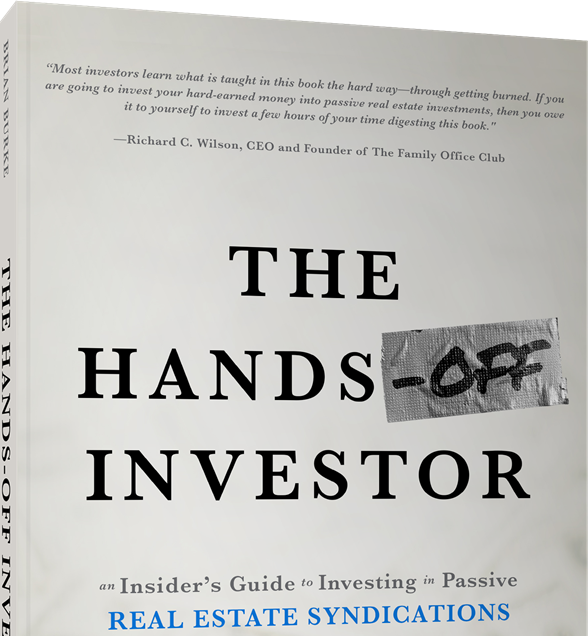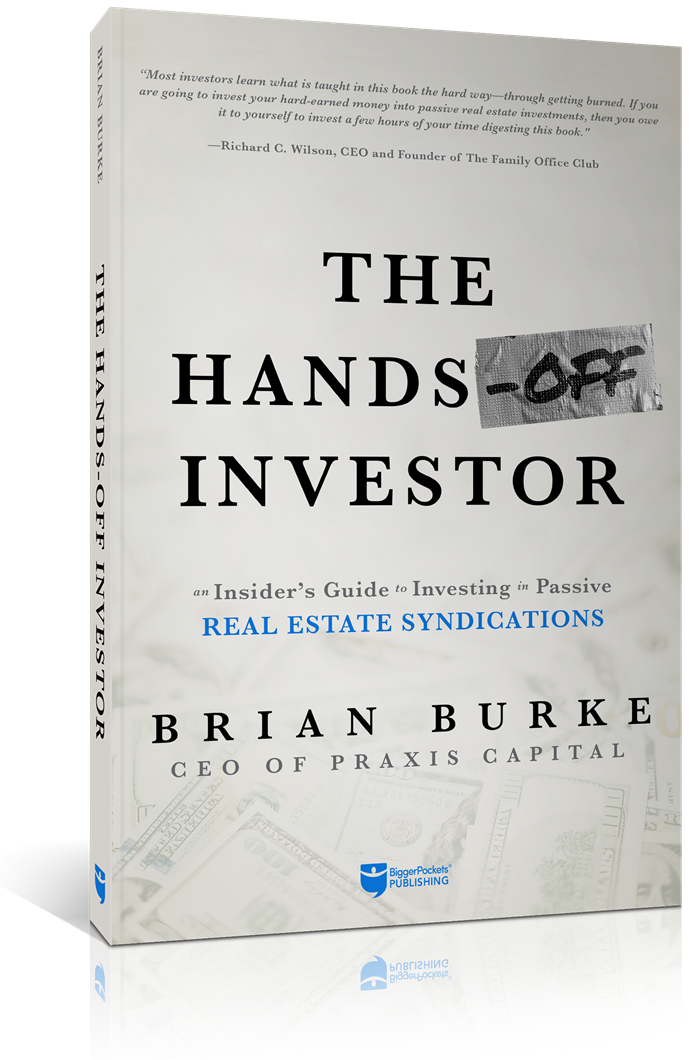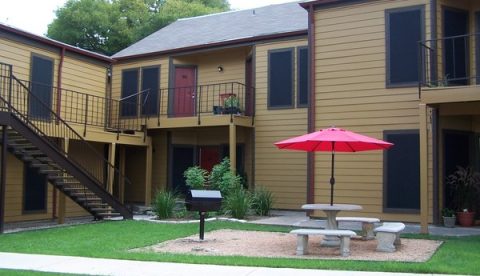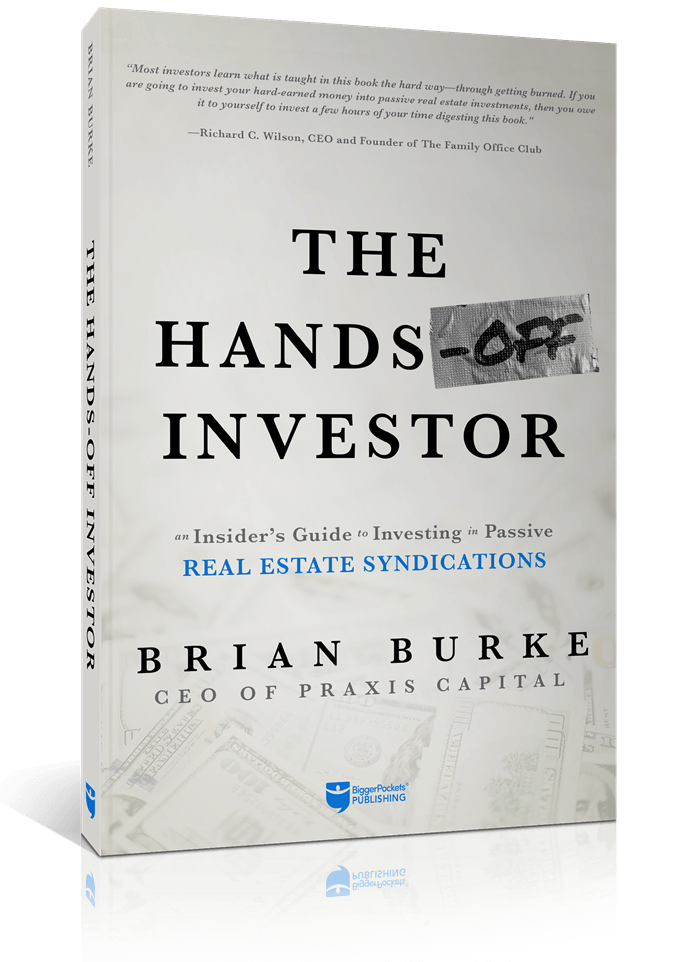Where Should Real Estate Fit Into Your Asset Allocation?

How much of your money should be in real estate investments right now?
Most of us have heard about the importance of diversification in our finances. Yet, exactly how much diversification, into what, and why often still seems to be a cloudy mystery. So, are you at risk of being seriously under exposed to real estate?
What Is Asset Allocation?
Asset allocation is really just about how you split the pie of your money into different investment buckets or categories. Think of it as a pie chart. You may have varying percentages in cash, in income producing investments, in hard assets, and aggressive growth assets.
It is about achieving your own personal goals, covering future needs, and balancing risks and rewards.
As the classic saying goes, don’t put all of your eggs in one basket.
When it comes to real estate, experts vary from having 10% to 70% of your money in real estate investments. This can change over time with your personal needs and timeline, as well as what’s happening out there in the markets. Here are some key thoughts and questions to help you make the right choices for yourself.
How The Smart Money Is Far More Invested In Real Estate Than You Think
The biggest funds, iconic businesses and entrepreneurs may often be more celebrated in the media for other things. Yet, much of their wealth is based in real estate. Airbnb and Google are classic examples of this. Amazon is one of the biggest landlords in the country. Jeff Bezos has continually sold out his company stock to buy more real estate in his personal portfolio. Real estate remains Warren Buffett’s favorite investment. Big biotech and pharma fund managers typically take their cut of the pie to personally invest in real estate.
Even the big Ivy League schools and their multi-billion dollar endowment funds are often just real estate businesses, which just happen to have students as renters and customers.
If you look at the portfolios and asset allocation of Stanford, Yale and Harvard endowment funds this isn’t always obvious at first. Not counting all of their campus real estate, they have a lot invested in real estate in other diverse forms.
Between 10% to 30% is often directly invested into property in their real estate category. Then much of their other asset allocation buckets also include a lot of real estate related investments.
This may include real estate related companies, public equities investments, and private lending through private equity investments. Natural resources such as mining, timber and precious metals rights on land. Fixed income, of which even bonds are directly tied to property tax revenues and landlordship. Then ‘absolute return’ investments which can include distressed property and opportunistic investments in real estate.
Only around 25% of these funds are actually earmarked toward scholarships and student awards. It is easy to see their true allocation to real estate may be at least 2-3x more than you see on the surface.
Key Thoughts & Questions To Ask
Remember that your own home or vacation home does not count towards your asset allocation.
If you don’t have any money directly in real estate aside from that, then you are seriously under-exposed in this vital category.
Also consider your exposure in other areas of life. For example, if you own a real estate business, then you may have a little less in your investment portfolio. Whereas, if you work in a tech startup or public technology company, then you want to weight even more of your portfolio to tangible real estate assets. Otherwise, if the tech market or public markets dip, you can lose your personal earned income and portfolio at the same time.
Consider your personal goals and peace of mind. What is your need for the income, security, tax benefits, high yields, and predictability of your money to be there when you need it? If these things are important to you and your ability to sleep well at night, then real estate offers that.
You can also more deeply diversify your assets within real estate itself. For example, with multifamily apartments which bring in revenue from a mix of tenants. Or from mixed use properties. If you already have a vacation rental, then you might want to balance that with a passive income real estate fund investment or partnership.
How will you split your pie for the best rewards?




























